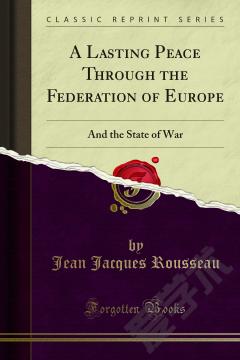War Veterans and Fascism in Interwar Europe
This book explores, from a transnational viewpoint, the historical relationship between war veterans and fascism in interwar Europe. Until now, historians have been roughly divided between those who assume that 'brutalization' (George L. Mosse) led veterans to join fascist movements and those who stress that most ex-soldiers of the Great War became committed pacifists and internationalists. Transcending the debates of the brutalization thesis and drawing upon a wide range of archival and published sources, this work focuses on the interrelated processes of transnationalization and the fascist permeation of veterans' politics in interwar Europe to offer a wider perspective on the history of both fascism and veterans' movements. A combination of mythical constructs, transfers, political communication, encounters and networks within a transnational space explain the relationship between veterans and fascism. Thus, this book offers new insights into the essential ties between fascism and war, and contributes to the theorization of transnational fascism.
{{comment.content}}








 京公网安备 11010802027623号
京公网安备 11010802027623号